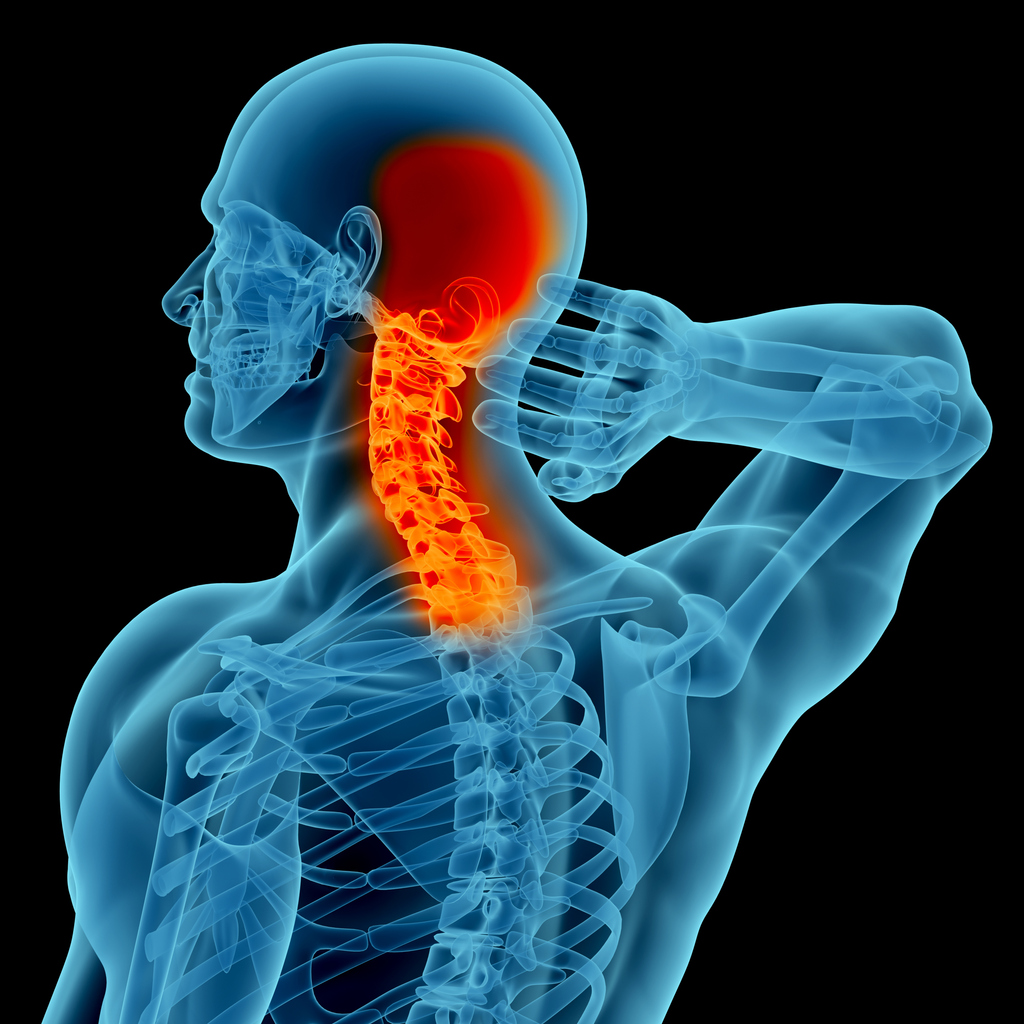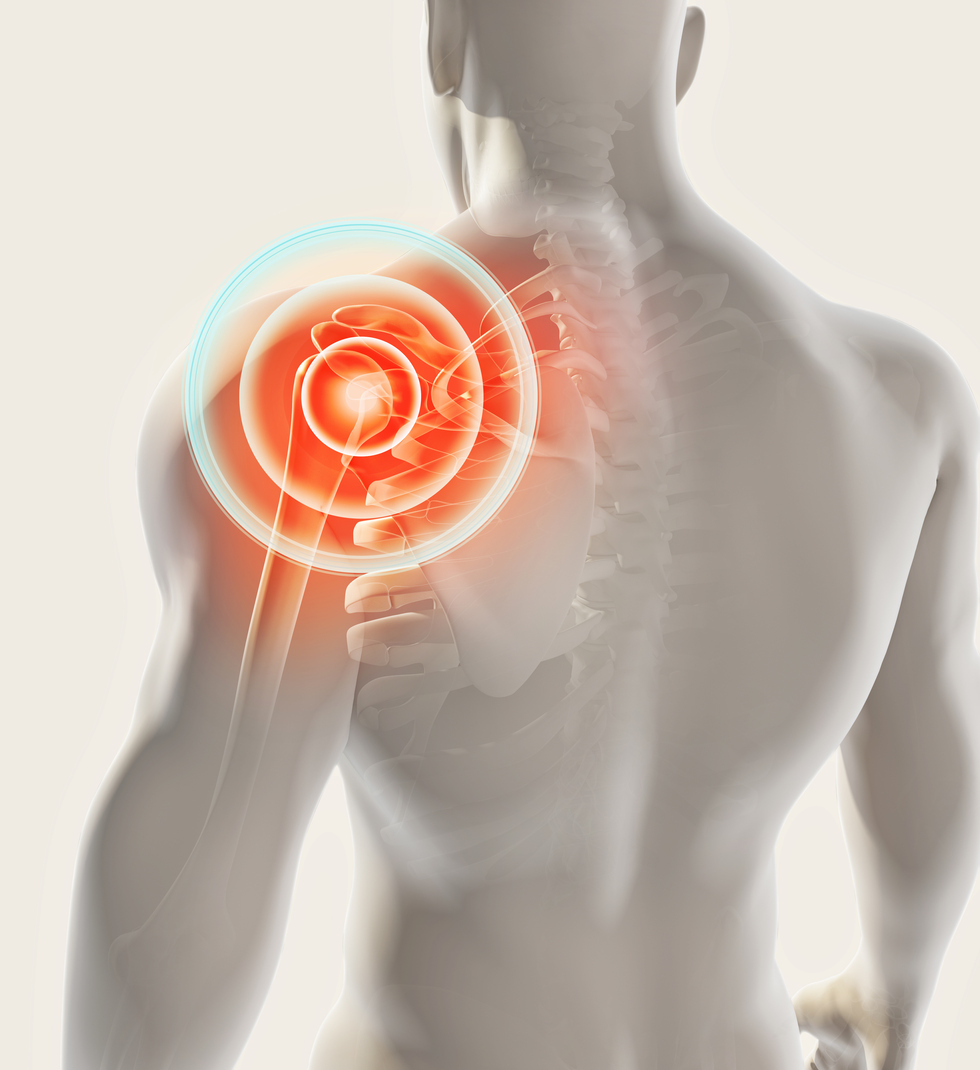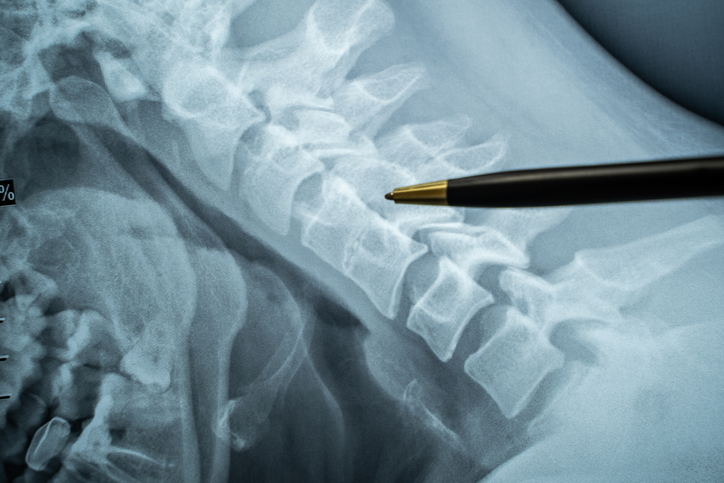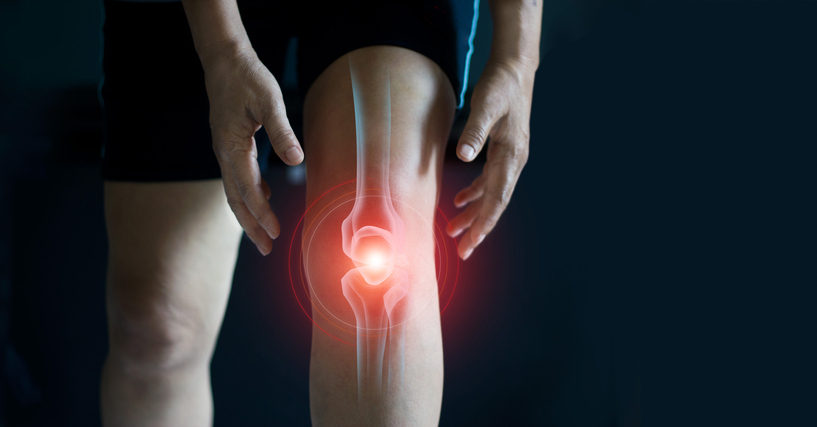Pain
Chronic Pain and Hormone Levels

One of the complications that individuals with chronic pain may face is an imbalance in hormone levels. Hormone levels can be affected by pain itself and also by medications used to treat chronic pain.
Chronic pain and hormone levels
One hormone that is affected by chronic pain is the stress hormone cortisol. Pain elevates cortisol, and higher levels of cortisol can lead to other health concerns, such as osteoporosis, depression, and a weakened immune system. Untreated pain can also stimulate the release of other hormones, including adrenocorticotropic hormone (ACTH) and testosterone, elevating levels of these hormones in the blood.
If pain is left untreated for an extended period, the endocrine system may not be able to keep up with the demand for certain hormones, such as ACTH, pregnenolone, progesterone, cortisol and testosterone, causing hormone depletion.
Chronic pain medications and hormone levels
Opioid medications frequently affect hormone levels. Opioids can decrease levels of growth hormones and thyroid hormones. Opioid use can also decrease sex hormones, such as testosterone and estrogen. Antidepressants and muscle relaxants can also suppress the production of these hormones.
Diagnosis and treatment of hormonal imbalance related to chronic pain
Blood tests can be ordered to analyze hormone levels and identify any deficiencies. These tests are especially important for individuals with pain that is not well-controlled and for individuals who take opioid medications on a daily basis. If low levels of certain hormones are identified through blood work, hormone therapy to rebalance the levels is a treatment option. Some hormones activate pain centers in the nervous system to help reduce pain. If levels of these hormones, such as human chorionic gonadotropin (HCG), are low, replenishment may even help reduce pain levels.
If abnormal hormonal levels are due to a certain medication, consulting a health care provider about changing the medication, dosage, or the method of delivery is an option. For example, opioid medication administered through an implantable device rather than administered orally delivers a lower dosage of the medication without compromising its effectiveness.
Identifying and correcting any hormonal imbalance can improve health and overall quality of life for individuals with chronic pain.


















